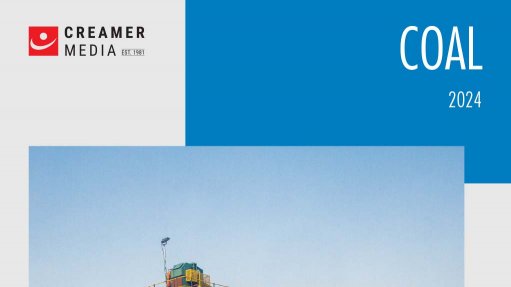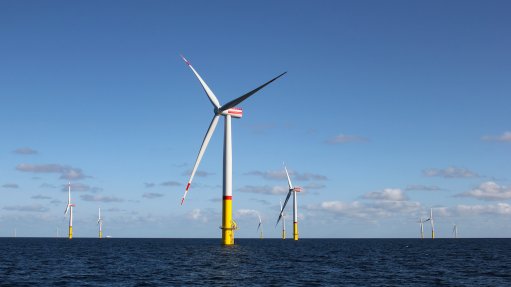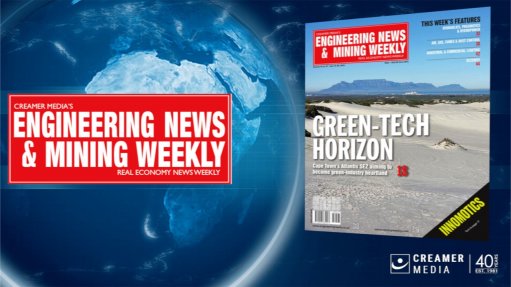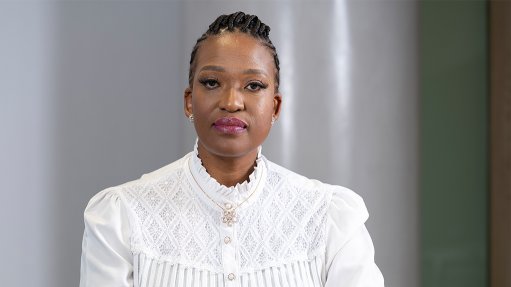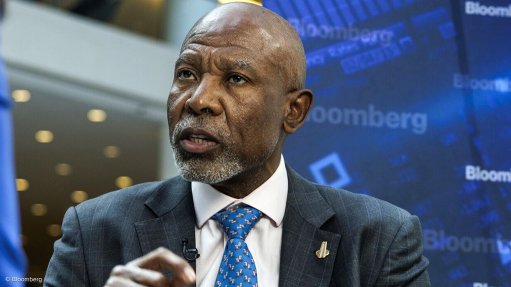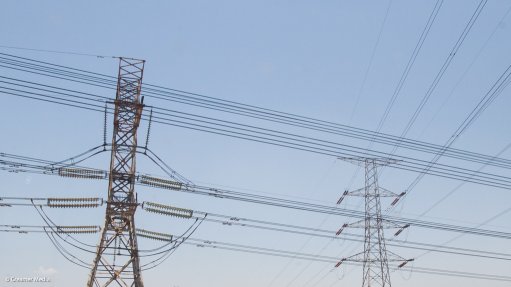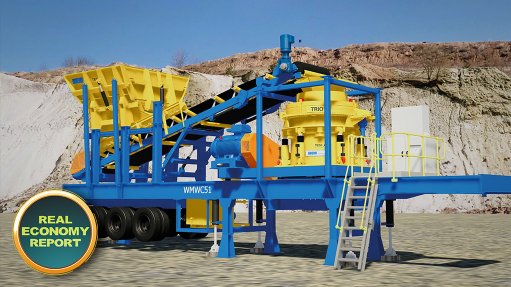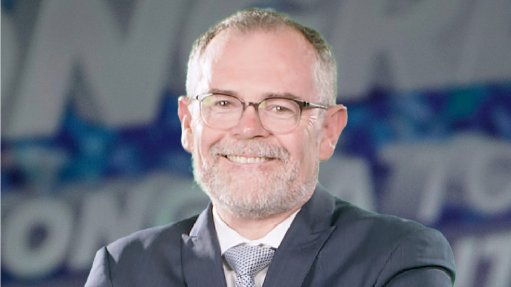Electronic fare collection system to be formalised before end-March
An electronic fare collection system (EFCS) for South Africa's new, and existing, public transport modes should be formalised by the first quarter of this year, Department of Transport director for public transport policies Ibrahim Seedat said on Wednesday.
He said that the country would need a national ticketing standard with the impending roll out of public transport systems, such as the Gautrain and the bus rapid transit.
Once it was chosen, the integrated fare management system (IFMS) would be implemented across the new modes in a phased approach and would potentially filter through to all means of public transport, including the country's most prolific people-mover, the minibus taxi industry.
Speaking at an Intelligent Transport Society South Africa electronic fare collection workshop held in Tshwane, Seedat said that a letter had been sent to the Reserve Bank and local commercial banks enquiring about the viability of an "open-system payment solution" for the country's public transport modes. He added that from this point forward the department was looking to explore this option for implementation.
The authority for the formalisation and gazetting of the ticketing system lies with the Minister of Transport Jeff Radebe.
Integrated fare management system
The National Land Transport Transition Act of 2000 calls for public transport to be integrated through ticketing and interoperability of payment mechanisms that avoid duplication of payments and resources. An effective IFMS should ensure intermodality – commuters could use one payment mechanism across various transport means – it would also prevent fraud and promote secure transactions.
An IFMS would function not only for the payment of fares, but also for the collection of data about passengers and their travel information, which would be State-owned and could be used for the creation of regional data bases.
Saha International director for electronic transactions Neil Frost said that research indicated that low-value payments and interoperable fare management systems (or IFMS) were increasingly converging, using contactless fare media that was compliant with ISO 14443, which is the international standard for contactless cards.
He noted a few examples around the world, including the Oyster system in London, the New York underground, Salt Lake City (Utah), Seoul Korea and the implementation of a pay-pass system in Taiwan.
Frost added that local banks had expressed their desire and commitment to create common standards with regard to fare management.
South Africa does, however, face certain obstacles and constraints in the implementation of an effective IFMS.
Seedat commented that the department seemed to be “leap frogging” certain legacy issues in the way that it was looking to formalise a fare collection system before some of the new public transport modes were close to be commissioned.
However, he rationalised the motivation for this by explaining that the public transport systems could be developed with the IFMS in mind and it could be factored through the development of the individual systems and aid integration across the modes.
Seedat acknowledged that the department faced time constraints in investigating and implementing the most appropriate solution for the country. This issue was exacerbated by the large number of stakeholders involved in the public transport sector and in the new projects coming on stream across the provinces.
Frost noted that another challenge would be getting approval from the relevant authorities at the rate of technological developments, as the approval process generally took up to three years. He said that with legacy systems there would be an issue of reluctance to change to new modes and commuters would have to be encouraged through relatively good fare structures, which would still have to be balanced with keeping the operations commercially viable for banks.
On the other hand, the benefits of an IFMS for the transport authorities would include an increased footprint, a reduction in operating costs, increased ridership and reduced fraud risk. Transport operators would also be able to focus more on their core business, as they would no longer have to manage the fare collection.
For financial institutions, Frost explained that benefits involved increased card distribution and use – an estimated 20-million applications a day once public transport systems were operational – and a fast-growing market through cards now potentially reaching the previously “unbanked”.
In conclusion, Frost suggested that what was required for the country was a single interoperable standard – most logically one approved by international card-issuing organisations - with a suitable banking environment, enabled by the Reserve Bank.
Comments
Announcements
What's On
Subscribe to improve your user experience...
Option 1 (equivalent of R125 a month):
Receive a weekly copy of Creamer Media's Engineering News & Mining Weekly magazine
(print copy for those in South Africa and e-magazine for those outside of South Africa)
Receive daily email newsletters
Access to full search results
Access archive of magazine back copies
Access to Projects in Progress
Access to ONE Research Report of your choice in PDF format
Option 2 (equivalent of R375 a month):
All benefits from Option 1
PLUS
Access to Creamer Media's Research Channel Africa for ALL Research Reports, in PDF format, on various industrial and mining sectors
including Electricity; Water; Energy Transition; Hydrogen; Roads, Rail and Ports; Coal; Gold; Platinum; Battery Metals; etc.
Already a subscriber?
Forgotten your password?
Receive weekly copy of Creamer Media's Engineering News & Mining Weekly magazine (print copy for those in South Africa and e-magazine for those outside of South Africa)
➕
Recieve daily email newsletters
➕
Access to full search results
➕
Access archive of magazine back copies
➕
Access to Projects in Progress
➕
Access to ONE Research Report of your choice in PDF format
RESEARCH CHANNEL AFRICA
R4500 (equivalent of R375 a month)
SUBSCRIBEAll benefits from Option 1
➕
Access to Creamer Media's Research Channel Africa for ALL Research Reports on various industrial and mining sectors, in PDF format, including on:
Electricity
➕
Water
➕
Energy Transition
➕
Hydrogen
➕
Roads, Rail and Ports
➕
Coal
➕
Gold
➕
Platinum
➕
Battery Metals
➕
etc.
Receive all benefits from Option 1 or Option 2 delivered to numerous people at your company
➕
Multiple User names and Passwords for simultaneous log-ins
➕
Intranet integration access to all in your organisation




